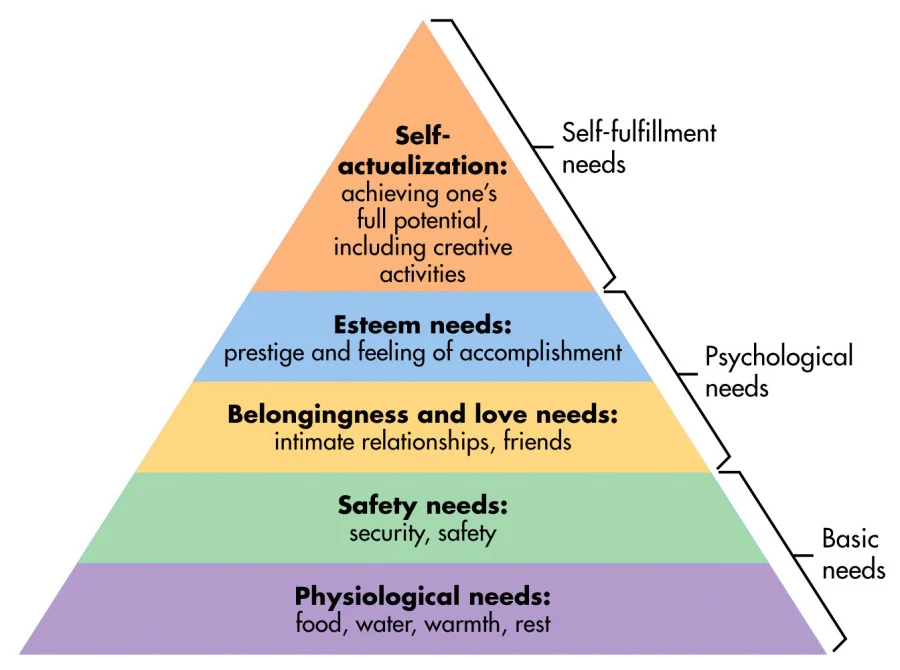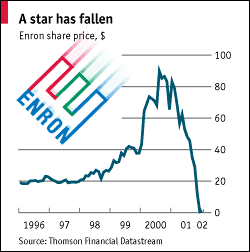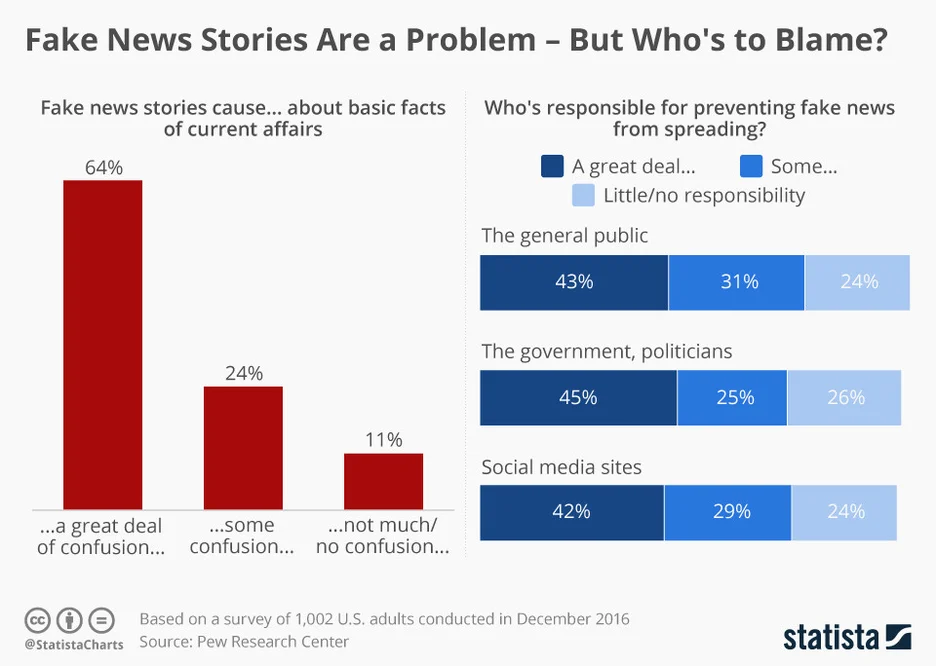Reputation is people’s general opinion or estimation about someone or something. It measures how much respect, admiration, credibility, or trust a person or entity has earned in a particular social group or community.
Reputation is often based on the perceived quality of an individual’s or group’s actions, character, and accomplishments. A person or entity with a good reputation is generally seen as reliable, trustworthy, and worthy of respect. Conversely, a person or entity with a bad reputation is often seen as untrustworthy, unreliable, or lacking in character.
Reputation is important because it can influence how others perceive and interact with an individual or entity. It can also impact an individual’s or entity’s success or opportunities. Whereas reputation “management” is the practice of altering and improving how reputation is perceived.
Effects of reputation
In today’s online environment, reputation is more important, pervasive, unforgettable, and meaningful than ever. It’s surprisingly easy to neglect, abuse, reject, or even intentionally shred someone’s reputation.
Building, sustaining, and protecting corporate or personal reputations can be difficult. Reputation damage can happen in minutes, doesn’t need to be based on fact, and the blast radius of a reputation scandal can circle the globe within hours.
Although reputational scandal, and the harm it causes, are at an all-time high, the concept of reputation is largely misunderstood.
Your reputation matters – a lot. Understanding reputation at its essential core is the only way to build, protect, and enhance your reputation or the reputation of a business.
What is Reputation?
Any understanding of reputation begins by answering the question in the title of this article — what is reputation?
| Reputation is the subjective qualitative belief a person has regarding a brand, person, company, product, or service. |
Let’s unpack the reputation management definition.
Reputation is Subjective
It’s tempting to think that we control our reputations — that we get to define what people think of us and how they respond. And that’s true to a degree. We control one aspect of our reputation, but holistically, reputation is not just who we are or what we do; it’s what people think of who we are and do.
There is a difference between character and reputation. Only the first one can be controlled entirely.
A person or company’s reputation does not depend solely upon what that person or company does. It depends on the person who is perceiving that reputation. In other words, a reputation is an opinion.
You may have read the quote by Jack Milner, “A man’s reputation is the opinion people have of him; his character is what he is.”
“A man’s reputation is the opinion people have of him; his character is what he really is.”
Although Milner’s quote is intended to amplify the importance of one’s character, it still leaves the uncomfortable truth to be reckoned with: your reputation is at the mercy of other people’s opinions.
It’s important to note that reputation and character are different. The “repute” of an entity (person or thing) is the estimation of how a person or community feels (their sentiment) about a person’s character. Character is a combination of actual traits the entity bears.
Opinions, like many beliefs, are not based on fact. They are, instead, based on feelings, past experiences, cognitive biases, physical well-being, the weather, and whether or not someone has had their morning cup of coffee.
There may be objective facts about you as a person, company, or brand. For example, you are a female. Your company has 18 employees. Your brand logo is a buffalo. Whatever. But those objective facts are not your brand reputation. Reputation goes beyond objectivity into the murky, unpredictable, volatile, and phantasmagoric dimension of subjectivity.
Because this is true — that reputation is more than our identity or actions — we must admit that some aspects of reputation are beyond our control.
Reputation is Qualitative
My definition of reputation has two descriptors — subjective (described above) and qualitative.
Qualitative refers to the fact that reputation is an amalgam of feeling, taste, perception, or hunches. When someone thinks of your reputation, they are not thinking that you are 6’, 2” and weigh 196 lbs. Those are quantitative facts. Instead, they are thinking of the fact that you are empathetic and an intuitive thinker. Those are qualitative understandings. You can’t measure empathy and intuition like you can measure height and weight.
When discussing reputation’s qualitative side, we understand it has to do with personal qualities like sincerity, pleasantness, forgetfulness, grumpiness, etc.
Reputation, thus has much to do with the personality traits or qualities that come to mind when a person thinks of a person, a business, or an organization.
Reputation is a Belief
As mentioned above, reputation is what people believe about a brand, person, company, product, or service. Belief is one of the strongest forces of humankind. The products of belief have built civilizations, created culture, and sparked genocide.
Belief, as it turns out, isn’t always based on fact. Although someone may have an unshakeable confidence that the Loch Ness monster is authentic, that trust may not reflect Nessie’s verifiable existence.
Since belief is such a powerful force, it’s easy to realize why reputation matters. Belief dictates behavior. Consumers who believe a company is a scam will not purchase their products or services. A person who thinks a politician is corrupt will not vote for him. A neighbor who thinks that you are murderous will not befriend you.
Brands, people, companies, products, and services all have reputations.
Reputation isn’t just tied to individuals. Brands have importance as well. So do products and services.
- Barack Obama has a reputation
- The brand, Coca-Cola, has a reputation
- The beverage, Guinness, has a reputation
- Apple’s service, Genius Bar, has a reputation
Takeaways
Based on this definition of reputation, several things stand out:
- Someone’s belief about your reputation cannot be challenged. Belief, remember, is not always based on fact. Although you may be able to prove that someone’s belief is wrong, misguided, or unverifiable, you may not change that person’s belief.
- You can only control part of your reputation. People see; therefore, people opine. You can, in part, control what they see. But you cannot control what opinions they form based on what they see.
- Reputation and visibility are two different things but have a lot to do with each other. Reputation often takes on a life of its own, and it does so as it grows in scope or visibility. A tech startup in a garage may have a very little reputation when it begins, but as it grows, its reputation becomes the full-time job of hundreds of employees and the all-out obsession of thousands of fans. As the visibility of a reputation increases, so does reputational risk.
- Perception is reputation. Reputation is what people perceive it to be. If you are an ax murderer but hide your misdeeds and display extravagant philanthropy instead, you may have an outstanding reputation. Your publicized philanthropy doesn’t change who you are — an ax murderer. But it does change what people perceive you to be. Perception, therefore, is your reputation.
Let’s face it. Reputation is complicated. Its definition may be straightforward, but its manifestations are labyrinthine. Reputation shapes how people behave, what people buy, how people think, and why people act the way they do.
This reality leads us to the second consideration of this article — the importance of reputation.
Why is Reputation Important?
Reputation is important; that much should seem obvious. But what does that mean? What are the advantages of having a sterling reputation over, say, having an abysmal reputation? Does it matter in the grand scheme of things — wealth, health, and the pursuit of happiness?
As it turns out, yes. It matters a lot. Wealth? Check. Health? Yes. Pursuit of happiness? Definitely. Reputation is the single most important arbiter of an individual’s fulfillment and a business’s profitability. It’s that important.
To answer this question specifically, I’ll first address the importance of reputation for people and then the importance of reputation for businesses.
The Importance of Reputation for Individuals
Reputation is important for individuals because a favorable reputation gets us what we want in life— safety, friends, self-esteem, and happiness.
Maslow’s Hierarchy of Needs, a theory in motivational psychology, states that human motivation begins at the most basic level with our physiological needs — food, water, rest, etc. When those needs are fulfilled, we seek to fulfill other needs such as security and safety. Beyond this, humans seek to satisfy psychological desires — love, intimacy, and prestige.

t’s at this psychological need level where reputation comes into play. A good reputation delivers self-esteem, achievement, meaning, and realizing one’s potential.
In summary, a reputation is essential because a good reputation provides human fulfillment.
The Importance of Reputation for Businesses
Developing a good reputation is just as important in a business context, but the endgame differs. Most business-minded people concur that the purpose of a business is to maximize profit, a la the Friedman Doctrine.
Assuming that a business’s goal is profit, how does reputation serve that goal? It’s simple. Businesses with a good reputation make greater profits. There’s a relatively simple way to prove this. Using Yelp star ratings as a reputation metric, Harvard researchers have determined that higher star ratings on Yelp predict higher revenue.
This is just one example of the significance of a good business reputation. There are legion ways that businesses and individuals metricize and display their reputation. Consumers respond to that reputation by making buying decisions for or against the company.
Some say that reputation isn’t merely important for a business’s revenue; it’s essential for that business’s very existence. According to Business in Focus Magazine, “the reputation of a business is essential to its survival.”
As a case in point, the conflagration of a business like Enron can be associated with a reputational crisis. Enron simply could not effectively manage the massive blow to their company’s reputation.

t’s at this psychological need level where reputation comes into play. A good reputation delivers self-esteem, achievement, meaning, and realizing one’s potential.
In summary, a reputation is essential because a good reputation provides human fulfillment.
The Importance of Reputation for Businesses
Developing a good reputation is just as important in a business context, but the endgame differs. Most business-minded people concur that the purpose of a business is to maximize profit, a la the Friedman Doctrine.
Assuming that a business’s goal is profit, how does reputation serve that goal? It’s simple. Businesses with a good reputation make greater profits. There’s a relatively simple way to prove this. Using Yelp star ratings as a reputation metric, Harvard researchers have determined that higher star ratings on Yelp predict higher revenue.
This is just one example of the significance of a good business reputation. There are legion ways that businesses and individuals metricize and display their reputation. Consumers respond to that reputation by making buying decisions for or against the company.
Some say that reputation isn’t merely important for a business’s revenue; it’s essential for that business’s very existence. According to Business in Focus Magazine, “the reputation of a business is essential to its survival.”
As a case in point, the conflagration of a business like Enron can be associated with a reputational crisis. Enron simply could not effectively manage the massive blow to their company’s reputation.

And it wasn’t just in Macron’s motherland of France that the news permeated headlines. It went global.
Who’s to blame? Everybody. And nobody. The World Economic Forum points out that “false news travels faster than true stories” and asks the whodunnit question. Three MIT scholars responded: “Falsehood defuses significantly farther, faster, deeper, and more broadly than the truth, in all categories of information, and in many cases by order of magnitude,” The statistics paint the picture:

his factoid serves to emphasize the meta point: Reputation is important. Due to the nature of news, the dissemination of information, and our human tendency to become conduits for the most exciting news, anyone’s reputation is a single tweet away from obliteration.
News about reputation can be permanent.
There’s a cruel irony about the durability of reputation. No reputation remains unchanged. But the news that affects that reputation never dies.
Even posthumously, a person’s reputation still fluctuates, as history shows us. The once-pristine reputation of the founding father, Thomas Jefferson, has gone from triumphant to complicated throughout a few studies and the publication of popular historical nonfiction.
Even though your reputation is subject to change without notice, there is no erasing the news about your reputation. This is especially true in the digital age, where information simply doesn’t go away.
Even in non-digital contexts, “news” persists through hearsay, rumor, speculation, and word-of-mouth. Your character, conduct, and actions may be impeccable, but if someone does so much as asks the wrong question, your reputation could be in trouble.
The key thing to keep in mind is that reputation matters. A lot. Whatever your role, industry, or current reputational status, your reputation is one of the most important things about you or your business.
What is Reputation Capital?
We typically think of capital as monetary assets of some form or another. “Money makes the world go round,” right? Under careful consideration, that’s only partly true. And financial capital is only one type of capital.
Reputation capital is arguably more important than financial capital. Which came first, the reputation that allowed a business to earn financial capital or the financial capital that allowed the company to build a reputation? Put that way; it would seem that a corporate reputation has a primary significance regarding a business’s financial success. Reputation capital first. Financial capital second.
This truth can be traced down to the personal level. When an entrepreneur goes to raise money for her venture, how does she gain the trust of the investors? Sure, she needs a solid business plan, but she also needs a solid personal reputation. Her reputation capital allows her to raise the funding that contributes to establishing a business.
But what is reputation capital? Where does it come from? What is it comprised of? Yes, it matters, but to whom and why?
For the sake of definition, let’s work with this:
| Reputation capital is the value of the intangible assets of a business, such as reviews, word of mouth, brand identity, and stakeholder trust. Reputation capital can increase the perceived value of products and services, stock price, and company valuation. |
Reputation capital makes the world go round. But surprisingly, few people are aware of how it works, what it is, and what to do about it. Sure, the phrase itself makes logical sense. We know about reputation; we know about capital. Reputation capital.
But how does it work? As I unpack this definition, you will understand reputation capital deeper. And once you finish perusing this article section, you’ll clearly understand the power of reputation capital in today’s world and what you should do about it.
Reputation capital is intangible.
Some assets like land, buildings, or machinery are physical assets. Reputation capital is not a physical asset. Plus, it’s not even quantitative! This is one of the reasons why a discussion of reputation capital tends to falter from the start. We’re not discussing a thing as much as we are talking about a lot of different non-things.
Leave a Reply